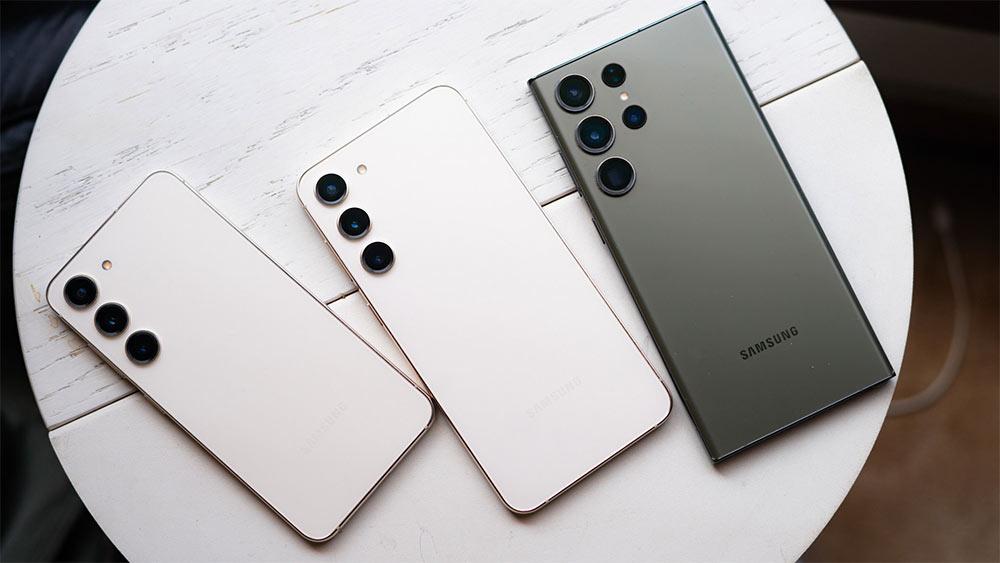Apple is closing a security gap that allowed outsiders to pry personal information from locked iPhones without a password, a change that will thwart law enforcement agencies that exploited the vulnerability to collect evidence in criminal investigations.
The loophole will be shut down in a forthcoming update to Apple's iOS update.Once fixed, iPhones will no longer be vulnerable to intrusion via the Lightning port used both to transfer data and to charge iPhones. The port will still function after the update, but will shut off data an hour after a phone is locked.
Apple says it respects the jobs of law enforcement officials, but believes it must protect its customers from "hackers, identity thieves and intrusions into their personal data."
The current flaw has provided a point of entry for authorities across the U.S. since the FBI paid an unidentified third party in 2016 to unlock an iPhone used by a killer in the San Bernardino, California, mass shooting a few months earlier.
It got to that point that two different firms, Israel-based Cellebrite and U.S. startup Grayshift, began to sell their services to law enforcement agencies trying to hack into locked iPhones, according to media reports. Grayshift, founded by a former Apple engineer, even markets a $15,000 device designed to help police to exploit the security hole in the iPhone's current software.
It's unclear what took Apple so long to close an iPhone entryway that had become well-known among legal authorities and, presumably, criminals as well.


